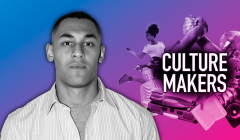
‘Subculture is the most powerful tool we have’
Louis Persent, Co-Founder and Creative Director at Weirdo on the power of embracing the niche

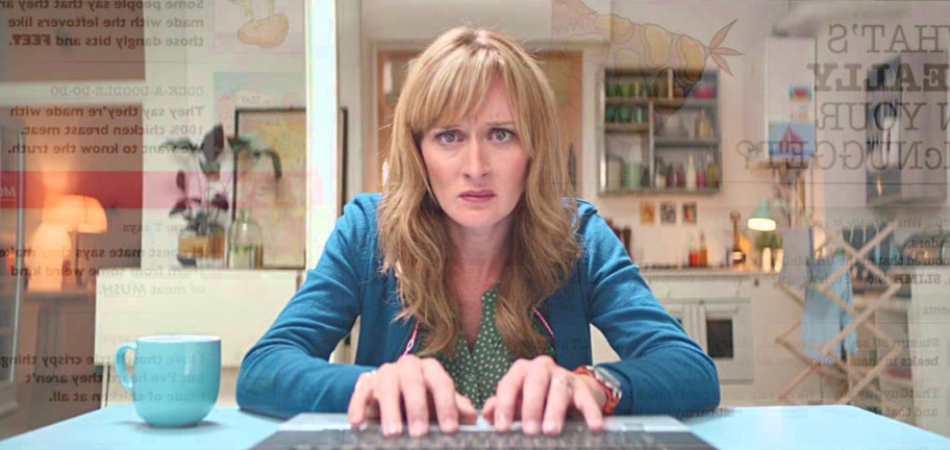
Technology is transforming the way we trust. Ten years ago, who would have thought we’d invite total strangers to sleep in our homes. The Internet has moved our trust from big institutions to our friends and peers; it’s made the world more transparent.
As the way we communicate and connect with one another becomes more complex, trust has migrated from the reputation of local villagers, to certification from authorities and regulators, and it is now flowing sideways to our colleagues, neighbours and Facebook friends. Rachel Botsman, author of Who Can You Trust? calls this ‘The Great Trust Shift’.
This new distribution of trust has a huge impact on traditional businesses such as banks, “the loss of trust is the very definition of a financial crisis,” said Andy Haldane, Chief Economist at the Bank of England. So, when feelings resonate more than facts, how can institutions get people to care about them in the same way?
The trust shift also puts a greater responsibility on the tech platforms we turn towards for our information. The accountability of Facebook, Alexa and other social interfaces is still a grey area. As homes become smarter and we start farming out more of our menial tasks to a machine, are we outsourcing our capacity to trust to an algorithm?
Humans are driven by emotion, not function and reason. From the way we shop to the politicians we vote for, a great product or policy is not enough. When everything is a media channel, there have never been so many opportunities to get your story out there. But with so much noise, how can brands make sure the right message is the one that’s heard?
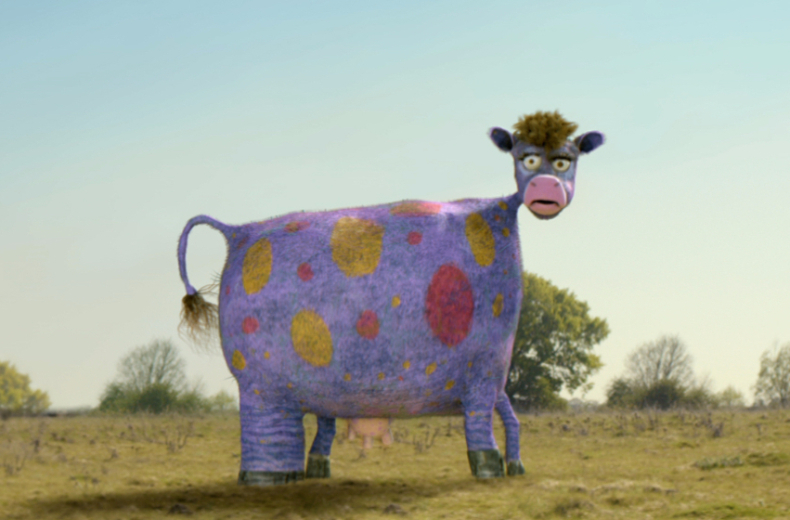
In a post-truth era defined by fake news and ‘alternative facts’, McDonald’s found themselves facing a storm of distrust fuelled by myths and misinformation about which parts of the animal they use, how they process food, and everything else in between. Alarmingly, studies into rumours circulating online found that engagement around the ‘fake news’ content far exceeded engagement with articles debunking the same claims.
To tackle the ‘fake news’ culture, McDonald’s created a tongue-in-cheek world that had the ability to playfully bust myths. This allowed the fast food giant to state the facts about key ingredients whilst gently poking fun at the myths and the people who believed them.
To land their message with the cynics, McDonald’s took the unprecedented step of ceding control of their messaging to unaffiliated vloggers. Selected YouTube personalities, who had shown a favourable opinion of the brand, were given access to the farms, factories, and restaurant kitchens to find out for themselves how the fast food giant makes and prepares food.
Across all channels, the tone was conversational but not preachy, confident but not dismissive, and reassuring but not patronising. Quite simply, the truth was Good To Know.
Agency: Good to Know, Leo Burnett
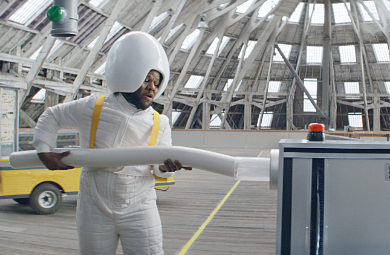

Don’t miss Emily Somers, the Vice President of Marketing and Food Development at McDonald’s and Josh Bullmore, Chief Strategy Officer at Leo Burnett London, tell us the story of how they placed the brand’s worst fears at the heart of their advertising in glorious technicolour at BITE LIVE 2017.
The insurance sector is a notoriously low trust category. Welcome Lemonade, a New York based peer-to-peer start-up founded in 2016. It describes itself as insurance powered by technology, honest culture, and a commitment to social good. The mobile first platform is completely transparent, from the start of the process to the end. They take a flat fee, pay claims super fast, and give back what’s left to causes customers care about.
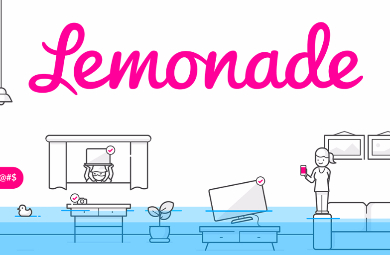
Looks like you need to create a Creativebrief account to perform this action.
Create account Sign inLooks like you need to create a Creativebrief account to perform this action.
Create account Sign in